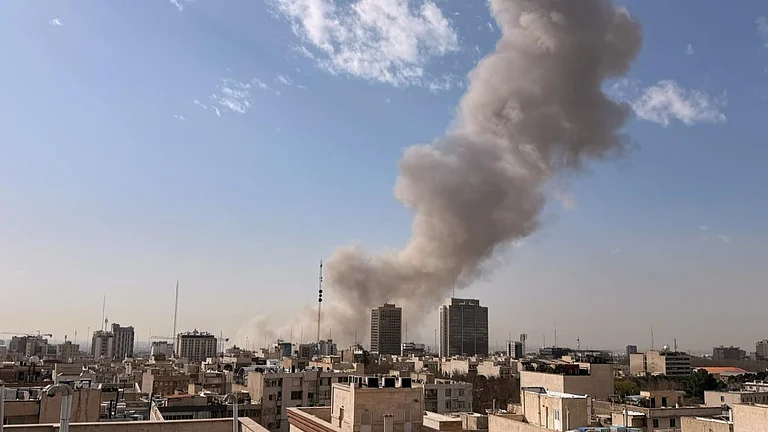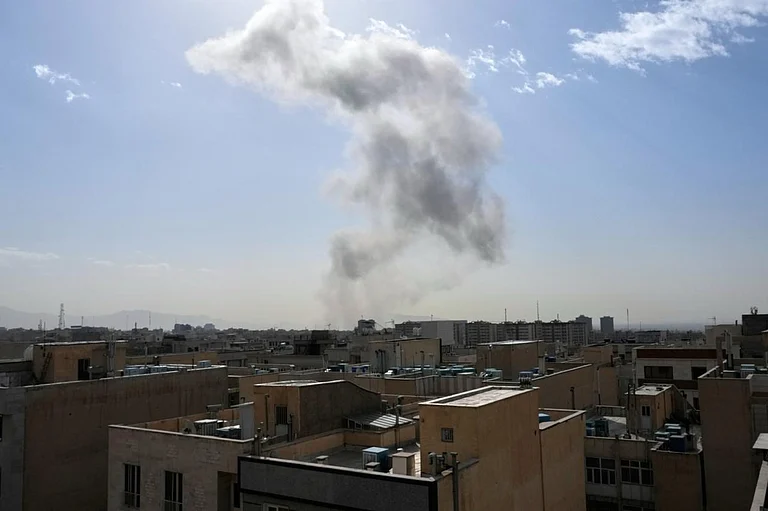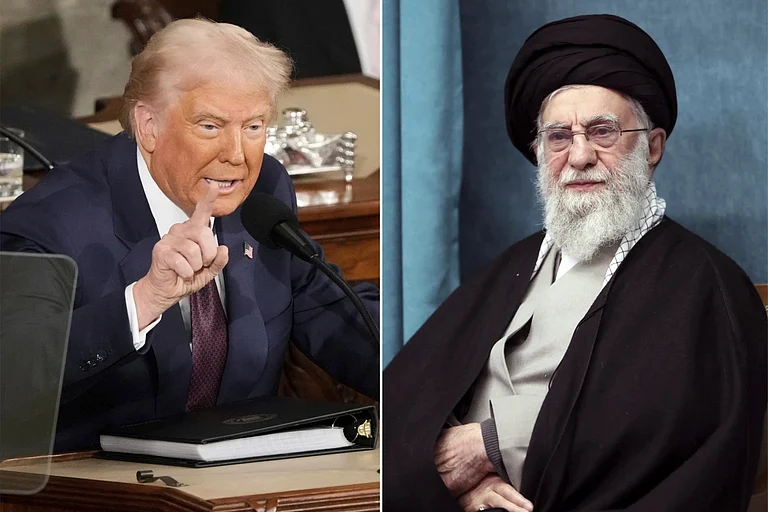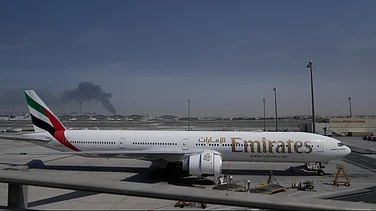
Summary of this article
After U.S. and Israeli strikes in June destroyed nuclear facilities and killed senior commanders, Iran’s leadership is leaning toward resuming nuclear negotiations to avoid further escalation.
Supreme Leader Ayatollah Ali Khamenei and the clerical elite back talks, despite opposition from hardliners who see diplomacy as a trap and fear U.S. demands for a total halt to uranium enrichment.
Domestic unrest over blackouts, water shortages, and economic collapse is pressuring the government, with sidelined moderates reappearing in state media as a sign of potential controlled reforms.
Iran’s ruling clerical establishment is facing an existential choice between defiance and diplomacy after June’s U.S. and Israeli strikes on its nuclear and military infrastructure. The 12-day conflict, triggered by Israeli air raids and U.S. bunker-busting strikes on three underground nuclear sites, left key facilities destroyed, senior Revolutionary Guard commanders and nuclear scientists killed.
Reuters reported that returning to the negotiating table with Washington over the nuclear dispute is Iran’s top priority. The strikes landed just a day before a planned sixth round of talks, leading Tehran to accuse the U.S. of betraying diplomacy, while some hardline commanders claimed the talks themselves had been a “strategic trap.”
President Masoud Pezeshkian defended renewed diplomacy on Sunday, arguing it was not “surrender” but a practical alternative to war. His comments drew sharp criticism from hardliners like Revolutionary Guards commander Aziz Ghazanfari, who warned that foreign policy must be handled discreetly.
Khamenei holds the final say. Insiders say he has reached a consensus with top clerics to resume nuclear talks, believing this course is essential to the Islamic Republic’s survival. The calculus is shaped by warnings from U.S. President Donald Trump and Israeli Prime Minister Benjamin Netanyahu that any resumption of uranium enrichment could trigger new strikes. Trump has openly stated, “We’ll be back” if Tehran restarts enrichment, while Tehran has vowed retaliation.
The Trump administration’s central demand of a total halt to uranium enrichment remains the key sticking point. Tehran insists on its right to enrich what it says is a peaceful energy program.
Externally, analysts warn that rebuilding nuclear capacity without securing diplomatic or security guarantees could makeU.S.–Israeli military action inevitable. Internally, Iran faces unprecedented vulnerability: weakened militia proxies, damaged deterrence, and mounting public dissatisfaction.
Daily power blackouts, severe water shortages, and deepening economic crisis exacerbated by sanctions and decades of mismanagement have fuelled frustration, as reported by Reuters.
Authorities have responded by tightening security, accelerating executions, and cracking down on pro-democracy activists and alleged Israeli-linked spy networks.
For the leadership, the path forward carries profound risks. Conceding to U.S. demands could fracture the elite, while rejecting talks may invite more devastating attacks. Either choice could define the future of the Islamic Republic in its most vulnerable moment since the 1979 revolution.

























